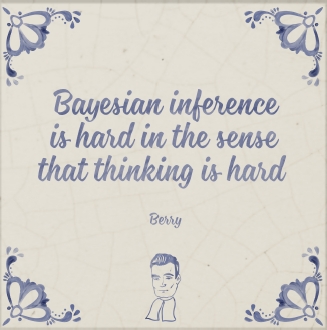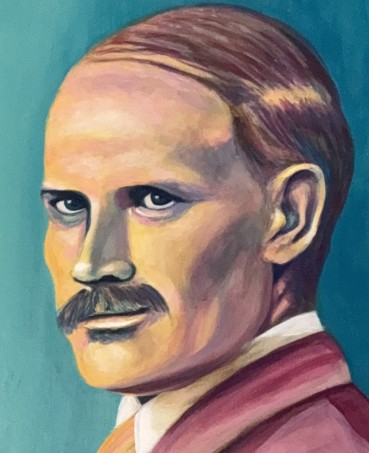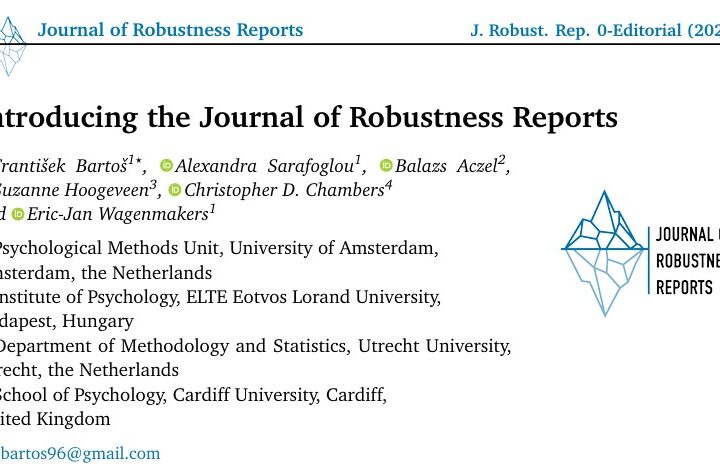Since 2017, Dora Matzke and I have been teaching the master course “Bayesian Inference for Psychological Science”. Over the years, the syllabus for this course matured into a book (and an accompanying book of answers) titled “Bayesian inference from the ground up: The theory of common sense”. The current plan is to finish the book in the next few months, and share the pdf publicly online. For now, you can click here or on the cover page below to read the first 25 pages: preface, synopsis, and a chapter on JASP!
In the preface, we outline five ways in which the book sets itself apart from most other introductions to Bayesian inference:
- Our introduction is “from the ground up”, which means it is geared towards students in a field such as psychology. It it decidedly not an introduction for mathematics professors at MIT (although some might like the book regardless).
- The book aligns itself closely with the philosophy of Sir Harold Jeffreys, and therefore it makes a clear distinction between parameter estimation and hypothesis testing. And when we conduct hypothesis tests, we use the dreaded Bayes factor (and explain why this is such a good idea).
- Throughout the book, we focus on prediction and repeat the mantra that underlies all Bayesian learning: “accounts of the world that predicted observed data successfully enjoy a boost in plausibility, whereas accounts that predicted poorly suffer a decline“.
- “The fourth way in which this book stands out is that we stress historical development. The heroes of this book include Pierre-Simon Laplace (1749–1827), Augustus De Morgan (1806–1871), William Stanley Jevons (1835–1882), Henri Poincaré (1854–1912), J. B. S. Haldane (1892–1964), Dorothy Maud Wrinch (1894–1976), and of course Sir Harold Jeffreys (1891–1989). Many chapters provide abundant historical background and elaborate quotations. Some students have told us that long quotations are boring. We heap scorn on this notion. Our heroes may no longer be around to do a Ted Talk or record a TikTok video, but their
words have lost none of their eloquence, relevance, and vision.” - The book takes full advantages of JASP, and in particular the “Learn Bayes” module.
We hope you’ll enjoy this taster. There’s a lot more to come.
References
Wagenmakers, E.-J., & Matzke, D. (in preparation). Bayesian inference from the ground up: The theory of common sense.
Wagenmakers, E.-J., & Matzke, D. (in preparation). Bayesian inference from the ground up: Common sense in practice.




